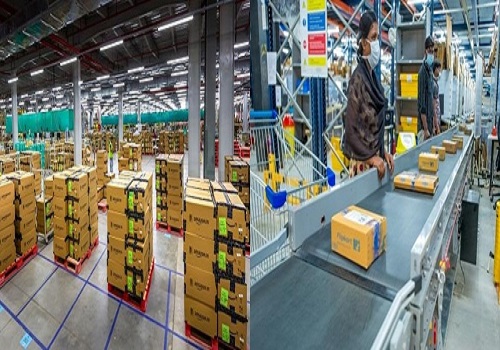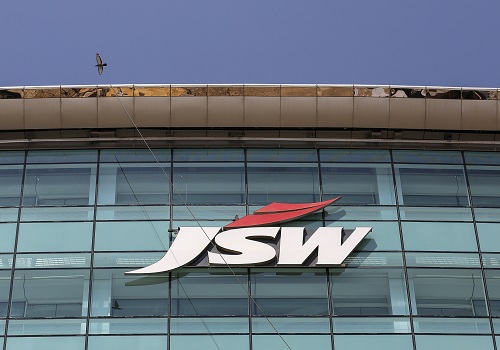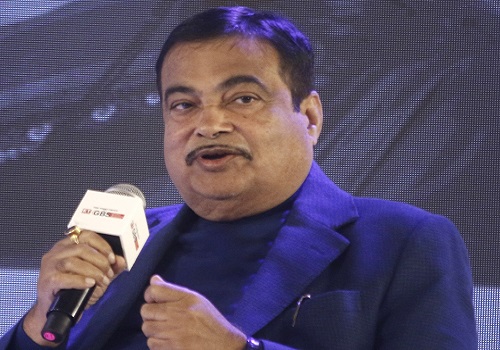Diet Report : qCommerce the new eCommerce by Elara Capital

Zepto Pass, the membership program by online grocery store Zepto, has amassed 1.0mn sign-ups since its launchon 29 February. Priced at INR 99 per month, it offers unlimited free deliveries above INR 99, up to 20% discount on orders above INR 499, an extra 10% discount on fruits & vegetables on orders above INR 499, and an extra 10% off on Zepto Café on orders above INR 499. The company claims subscribers have increased their monthly spend on the app by more than 30% during the pilot phase. It expects the subscription program to increase frequency and average order value (AOV), which may offset cost of discount through company and brand funding. The move aligns with strategies employed by eCommerce giants, such as Amazon (Prime) and Flipkart (VIP), utilizing subscription programs for customer retention. Zepto may explore additional benefits and flexible subscription plans to enhance customer retention further.
Frequency-led growth: another driver Our primary checks show frequency of ordering from quick commerce (qCommerce) companies is in the range of 4-5x per month in key metro cities, which could be in line with online food ordering as a proposition (Zomato’s pan-India frequency for food was 3.2x per month in FY23); qCommerce firms continue to expand across categories to drive this frequency, as expansion of product offerings would make customers more loyal and drive retention. Further, higher frequency does not lead to lower AOV, as it can be sustained or raised due to a wider product offerings (expanding into the non-grocery vertical).
Lion’s share: groceries & FMCG dominate product mix Groceries and FMCG still account for ~75% of gross merchandise value (GMV) for key qCommerce platforms despite expanding into product categories, such as beauty & personal care, gifting, and apparels, as the former remains a major driver in frequency. Therefore, we believe qCommerce firms will ensure quality grocery products to drive customer retention and work at reducing wastage or spillage to drive efficiency. In terms of outlook, key categories, such as gifting, pet & baby care and OEM like smartphones can potentially drive robust growth; qCommerce companies continue to experiment, as some like Zepto, also have a café offering, which helps in ordering food items and snacks in 10 minutes.
New model: moving away from slotted delivery in eCommerce It may be too early to begin loyalty programs for qCommerce companies, as user-led growth still accounts for 70% of overall revenue growth due to a large penetration opportunity; however, the loyalty scheme has its own advantages in this highly competitive segment. Further, there is a big structural shift from slotted ordering toward qCommerce, which is driving better growth prospects. India’s eCommerce market was USD 83bn (Source: FIS 2023) in CY22, and qCommerce made up a mere USD 0.7bn during the same period (Source: Economic times). With convenience-led ordering across products, there is a possibility this segment would give tough competition to the likes of Amazon, Flipkart, Myntra, Nykaa and other larger eCommerce firms; however, the share of qCommerce firms within eCommerce may not scale up beyond a point, due to limitations of assortment across product categories.






















